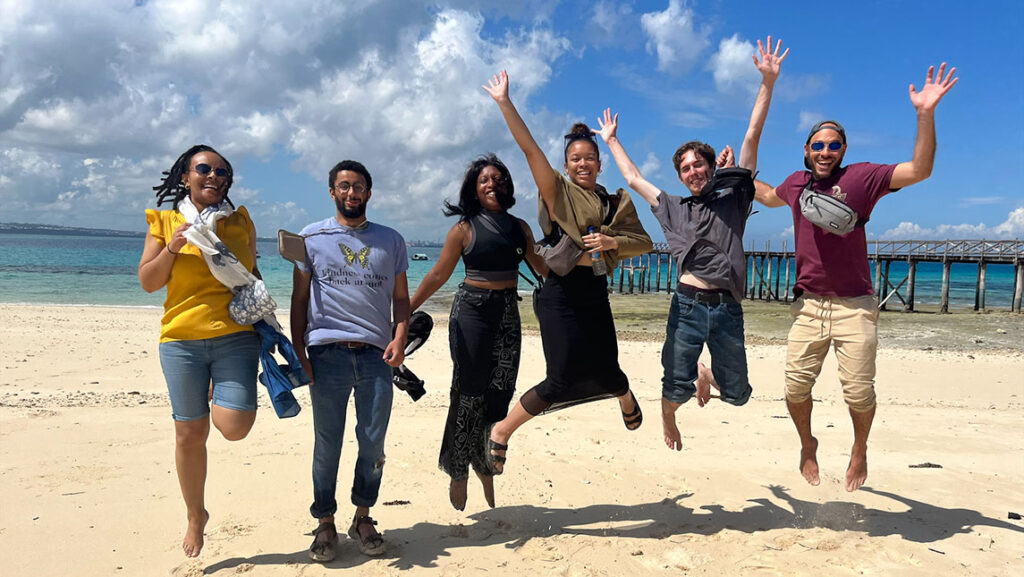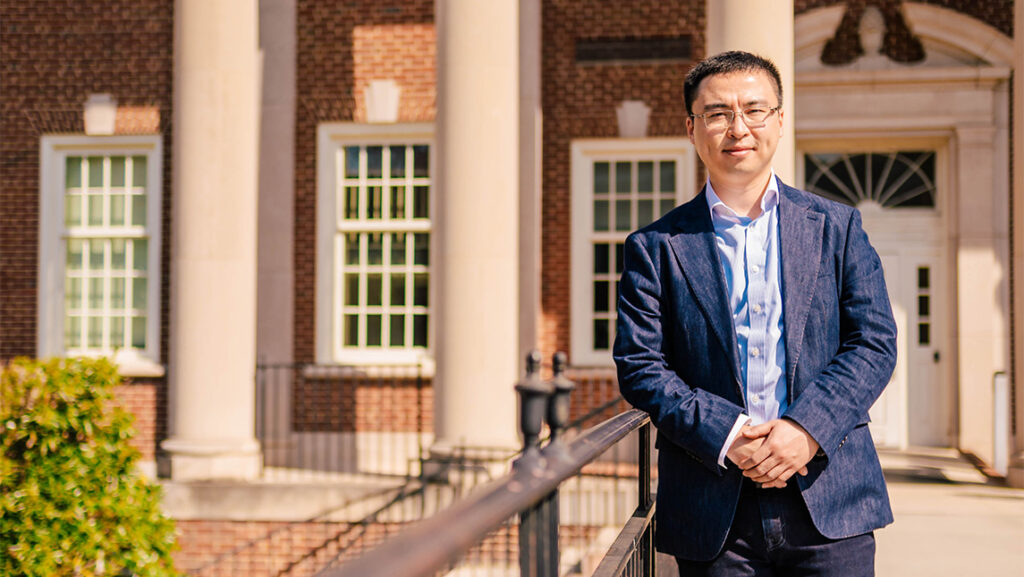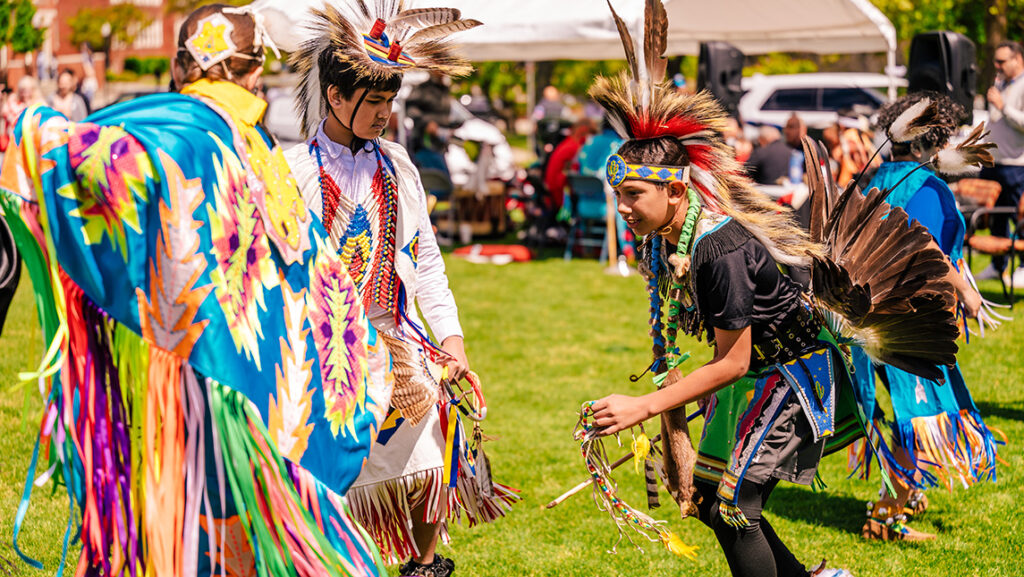 Dr. Martin Tsz-Ki Tsui (Biology) received new funding from the National Science Foundation for the project “RAPID/Collaborative Research: Characterization of upland watershed contamination from wildland-urban burning.”
Dr. Martin Tsz-Ki Tsui (Biology) received new funding from the National Science Foundation for the project “RAPID/Collaborative Research: Characterization of upland watershed contamination from wildland-urban burning.”
The November 2018 Camp Fire was the most destructive wildfire in California’s history, destroying over 15,000 structures in the town of Paradise, most of those were residences. The timing of the Camp Fire is a concern for environmental health as winter weather patterns caused rain within the burn area before any clean-up could occur. Precipitation has caused surface runoff that mobilized charcoal and ash into Butte Creek and increased runoff from the urban area into the headwaters of Clear Creek and Dry Creek. The burned urban area could present a serious environmental toxicity risk because common household items and industrial materials contain toxic metals (e.g., Al, Cd, Cr, Cu, Hg, Ni, Pb, Sn, Zn), EPA-regulated toxic organic chemicals (e.g. PAHs, PCBs, PBBs, brominated fire retardants, dioxins), and many unregulated potentially toxic compounds. Due to the unprecedented extent of urban burning, and the upper watershed setting, this fire may present a new type of watershed contamination in a region of California that provides drinking water for millions of people as far away as the Los Angeles Basin via the State Water Project, irrigation water for northern California’s agriculture, and the San Francisco Bay-Delta ecosystem. The goal of this work is to broadly characterize the fate and transport of anthropogenic contaminants and naturally-occurring wildfire-enriched compounds following watershed burning in a wildland-urban interface (WUI) using a standardized sample set.


